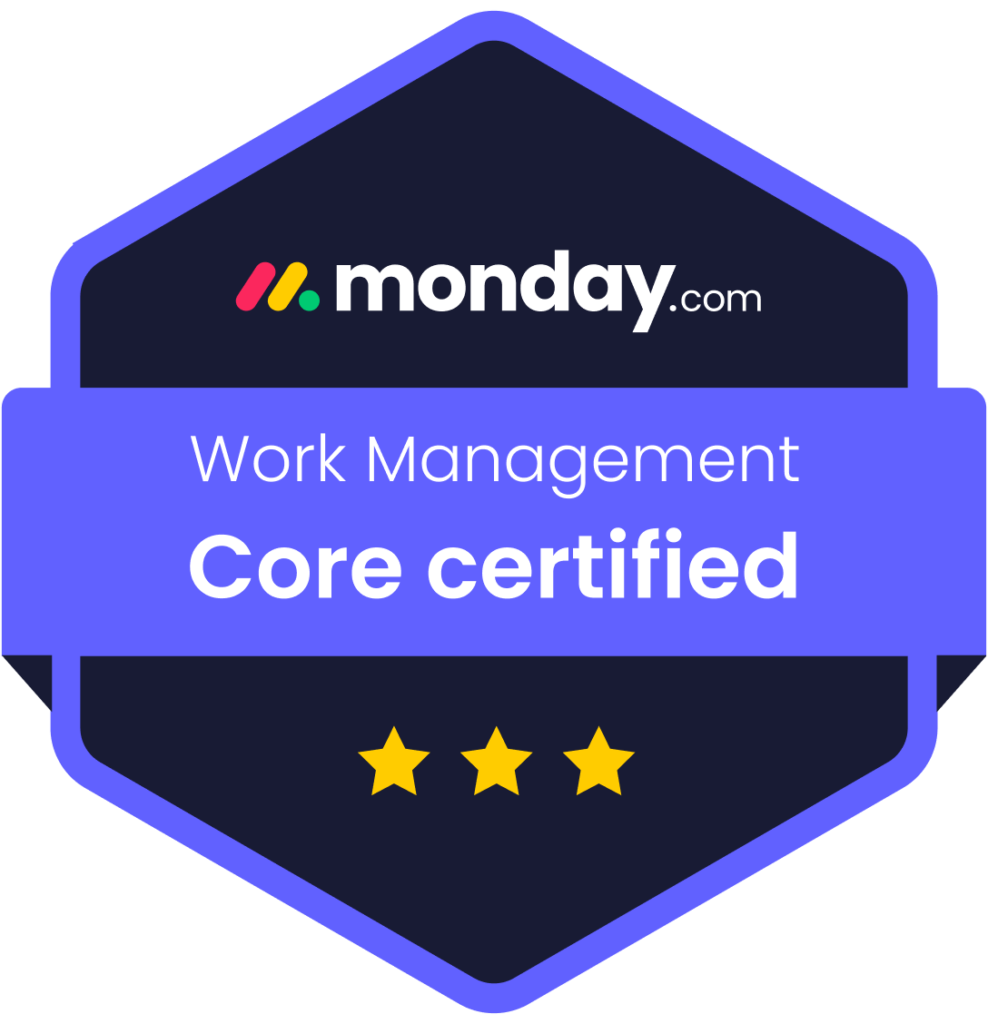In today’s digital landscape, attracting new clients to your spa requires more than just excellent services and word-of-mouth referrals. With the rise of online searches, particularly in local markets, leveraging Local SEO is vital for any spa looking to increase its client base. This article will explore effective strategies to optimize your spa’s online presence and attract more clients through local search engines.
Understanding Local SEO
Local SEO is a subset of search engine optimization (SEO) focused on optimizing your online presence to attract more business from relevant local searches. Unlike traditional SEO, which targets a broader audience, Local SEO hones in on location-based keywords, helping businesses like spas reach potential clients in their geographic area.
Why Local SEO Matters for Spas
- Targeted Traffic: Local SEO helps your spa appear in search results for clients specifically looking for spa services in your area.
- Higher Conversion Rates: Clients searching for services nearby are more likely to book appointments compared to those searching further away.
- Improved Visibility: By optimizing your spa for local searches, you can compete more effectively with other local businesses in your niche.
Key Components of Local SEO
To effectively attract more clients to your spa, it’s essential to understand the key components of Local SEO. These components include:
1. Google My Business (GMB) Optimization
One of the most crucial aspects of Local SEO is optimizing your Google My Business listing. This free tool allows you to manage how your business appears on Google Maps and in local search results.
Tips for Optimizing Your GMB Listing:
- Complete All Information: Ensure your business name, address, phone number (NAP), and hours of operation are accurate and up-to-date.
- Use Relevant Categories: Choose appropriate categories that reflect your spa services, such as “Day Spa,” “Massage Therapy,” or “Skin Care Clinic.”
- Add High-Quality Images: Upload photos of your spa’s interior, exterior, and services to attract potential clients.
- Encourage Reviews: Ask satisfied clients to leave positive reviews, as this can significantly impact your local ranking.
2. Keyword Research for Local SEO
Effective keyword research is vital for targeting the right audience. Local SEO keywords typically include geographic modifiers that indicate where your spa operates.
Strategies for Keyword Research:
- Use Local Keywords: Focus on keywords that include your location, such as “spa in [Your City]” or “best massage near me.”
- Analyze Competitors: Check which keywords competitors are ranking for to identify opportunities for your spa.
- Utilize SEO Tools: Leverage tools like Google Keyword Planner or SEMrush to find relevant local keywords.
3. On-Page SEO Optimization
Once you have identified your target keywords, it’s time to optimize your spa’s website. On-page SEO refers to the optimization of individual web pages to rank higher in search results.
Essential On-Page SEO Elements:
- Title Tags and Meta Descriptions: Incorporate local keywords into your title tags and meta descriptions to improve click-through rates.
- Header Tags: Use H1, H2, and H3 tags to structure your content logically, making it easier for search engines to understand.
- Content Optimization: Create valuable, informative content that includes local keywords naturally, ensuring it answers potential clients’ questions.
4. Local Link Building
Building backlinks from local websites can significantly improve your spa’s authority and visibility in local search results.
Effective Local Link Building Strategies:
- Collaborate with Local Influencers: Partner with local bloggers or influencers to promote your spa and earn backlinks.
- Engage in Community Events: Sponsor or participate in local events to generate press coverage and potential backlinks from local news websites.
- Join Local Business Directories: List your spa on local directories such as Yelp, Yellow Pages, and city-specific directories to enhance your online presence.
5. Mobile Optimization
With the increasing use of smartphones for local searches, optimizing your website for mobile devices is crucial. A mobile-friendly website enhances user experience and can positively impact your search rankings.
Tips for Mobile Optimization:
- Responsive Design: Ensure your website adapts seamlessly to different screen sizes.
- Fast Loading Speed: Optimize images and minimize code to improve your website’s loading time on mobile devices.
- Easy Navigation: Make it simple for visitors to find information, such as services, pricing, and contact details, on mobile devices.
Leveraging Social Media for Local SEO
Social media platforms can play a significant role in your local SEO strategy. They not only help in building brand awareness but also drive traffic to your website.
Tips for Using Social Media:
- Engage with Your Audience: Regularly post updates, promotions, and engaging content that resonates with your local audience.
- Promote Your GMB Listing: Share your Google My Business link on your social media profiles to encourage reviews and interactions.
- Use Location Tags: When posting photos or updates, use location tags to increase visibility among local users.
Tracking and Measuring Your Local SEO Success
To determine the effectiveness of your Local SEO efforts, it’s essential to track key performance indicators (KPIs).
Important Metrics to Monitor:
- Organic Traffic: Analyze the traffic coming from local searches using tools like Google Analytics.
- Keyword Rankings: Regularly check how your spa ranks for targeted local keywords.
- Conversion Rates: Track appointment bookings or inquiries generated from local search traffic.
Staying Updated with Local SEO Trends
Local SEO is an ever-evolving field. To stay competitive, it’s essential to keep up with the latest trends and algorithm changes.
Ways to Stay Informed:
- Follow SEO Blogs: Subscribe to reputable SEO blogs and forums to stay updated on the latest best practices.
- Attend Local SEO Workshops: Participate in workshops or webinars focused on local SEO strategies.
- Network with Local Business Owners: Connect with other local business owners to share insights and strategies.
Conclusion
Attracting more clients to your spa using Local SEO is not just a one-time effort; it requires consistent optimization and engagement. By focusing on optimizing your Google My Business listing, conducting thorough keyword research, and enhancing your website’s on-page SEO, you can significantly increase your visibility in local search results. Moreover, leveraging social media and building local backlinks will further establish your spa’s presence in the community.
Implement these strategies, track your results, and adapt as necessary to ensure your spa stands out in a competitive market. With dedication and the right approach, you can effectively attract more clients and grow your spa business.












